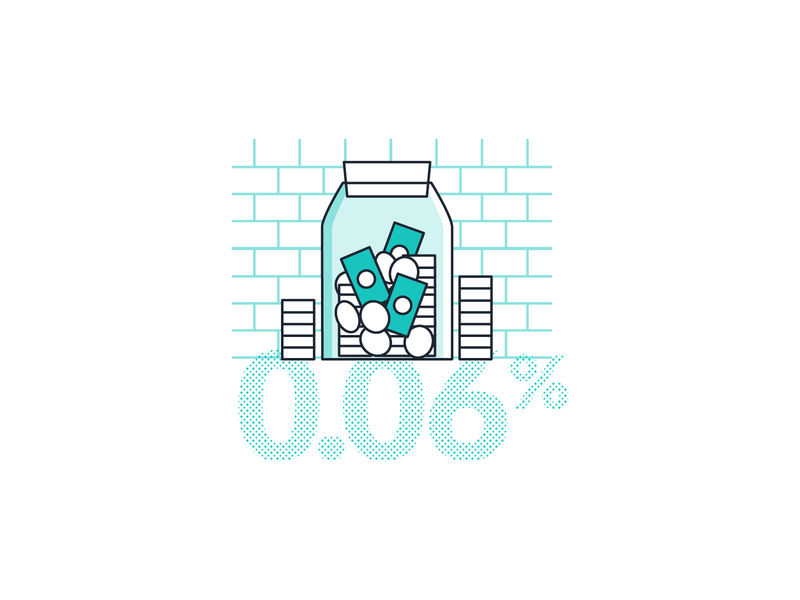The Financial Impact Of Back-Pedaling A Performance Bond
The Financial Impact Of Back-Pedaling A Performance Bond
Blog Article
Content Writer-
When a guaranty issues a performance bond, it guarantees that the principal (the party who purchases the bond) will certainly satisfy their responsibilities under the bond's terms. If the primary stops working to meet these obligations and defaults on the bond, the surety is responsible for covering any type of losses or problems that result.
1. Loss of online reputation: Defaulting on an efficiency bond can damage the principal's track record and integrity, making it tougher to safeguard future company or funding.
2. Legal and administrative costs: The guaranty may need to pay lawful and management prices related to pursuing the principal for problems or trying to correct the circumstance.
3. Economic losses: The surety may require to cover the price of finishing the job or providing the services that the principal failed to supply. This can result in significant financial losses for the surety.
4. Raised insurance bond cost : If the principal has a history of defaulting on performance bonds, they may be required to pay higher costs in the future to obtain the essential bonding.
In general, back-pedaling a performance bond can have serious economic consequences for both the principal and the surety. It is very important for principals to carefully consider their obligations and ensure they are able to fulfill the regards to the bond to prevent these unfavorable end results.
Back-pedaling an efficiency bond can be an expensive bad move for organizations. When you fail to satisfy the bond's responsibilities, the economic consequences can be significant. From paying the full bond total up to potential lawful battles and harmed connections, the consequences can reverberate throughout your business operations. Understanding the elaborate web of economic impacts that back-pedaling an efficiency bond can have is essential for protecting your firm's financial wellness and track record.
Financial Penalties for Defaulting
If you default on a performance bond, you'll likely encounter significant punitive damages. These fines can vary depending upon the terms of the bond agreement but commonly involve paying the bond amount in full to the obligee. This indicates that if you fall short to fulfill your contractual obligations, you have to pay the bond amount to the job proprietor or the entity that needed the bond.
Additionally, you might also be in charge of any kind of added costs sustained by the obligee as a result of your default, such as discovering a replacement contractor or covering job hold-ups.
Back-pedaling an efficiency bond can additionally lead to legal costs and court prices if the obligee makes a decision to take lawsuit versus you to recuperate the bond amount. These expenses can swiftly accumulate, additional worsening the monetary impact of your default. It's important to carefully assess and recognize the terms of the efficiency bond to stay clear of these severe financial penalties.
Effect On Business Cash Flow
Back-pedaling a performance bond can substantially influence your company cash flow, affecting monetary security and functional capabilities. When you back-pedal a performance bond, you risk shedding the bond amount, which can be a considerable sum. This loss directly impacts your cash flow, as you'll require to locate different resources of moneying to cover the bond amount. Additionally, failing can result in increased scrutiny from sureties, making it harder and a lot more expensive to protect bonds in the future. This can even more strain your cash flow as you may require to designate additional sources to fulfill bonding needs.
Read Far more on your capital doesn't stop there. bonding business on an efficiency bond can additionally result in job hold-ups or cancellations, causing a loss of income. Additionally, https://constructionindustryflori98776.answerblogs.com/26704751/prepare-yourself-to-find-the-interesting-story-of-exactly-how-a-payment-bond-conserved-a-construction-project-that-was-on-the-verge-of-failing that features skipping can discourage potential clients, additionally lowering your capital. Generally, defaulting on a performance bond can have destructive results on your organization's financial health and capacity to run efficiently.
Legal Implications and Claims
Dealing with legal implications and possible claims due to defaulting on a performance bond can significantly influence your service's online reputation and economic standing. When you back-pedal an efficiency bond, the guaranty company might take lawsuit to recover the bond quantity paid out. This can cause costly legal charges, court expenditures, and potential settlements or judgments versus your organization.
Furthermore, back-pedaling a performance bond may cause damaged relationships with customers, subcontractors, and providers, affecting your ability to protect future contracts. Lawsuits arising from bond defaults can taint your company's credibility in the sector, making it challenging to bring in new companions or customers.
In addition, if the default causes a court judgment against your company, it could cause property seizure or liens, even more stressing your financial security. Therefore, it's vital to understand the legal ramifications of back-pedaling a performance bond and take positive steps to reduce the threats involved.
Conclusion
As you deal with the effects of defaulting on a performance bond, remember this: it's like walking a tightrope without a safety net. One incorrect step can send you plummeting into a financial freefall, with no method to stop the autumn.
The punitive damages, capital influence, and lawful ramifications are all waiting to capture you if you blunder. So walk carefully, and always honor your dedications to prevent the harsh effects of default.
